Ashley Range
New Forest
Ashley Range
Overview
Ashley Range, in the northwest corner of the New Forest and host to Ashley Walk, is now a popular spot for visitors to the area but during the wartime years was a large bombing range.
The famous ‘bouncing bomb’ was tested here and today there are many visible clues to this area’s activity. From the air, chalk target markings can still be seen and in the south-eastern corner of the range an observation shelter still stands.
The particular area of heathland that is Ashley is littered with craters made from bomb and shell explosions, now providing watering holes for the New Forest ponies and other wildlife.
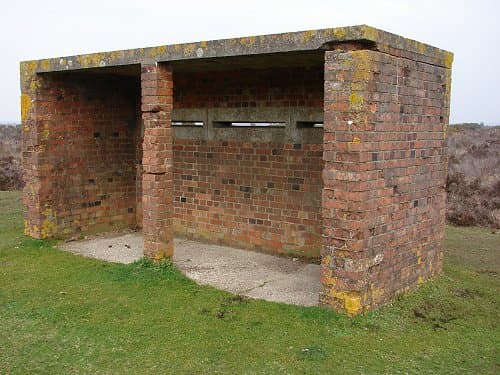
Another visible remainder of the wartime activities is a large mound on the south-western edge of the range. This seemingly unimportant hillock was a replica German submarine bunker, built by the British Army here to try and develop a bomb capable of penetrating the thick concrete walls of the sub bunkers. By all accounts, they were never successful!
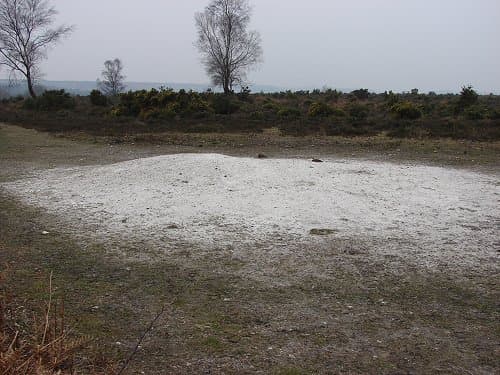
A few metres beyond (on the western side) of the bunker mound is a large crater, now a pond, which was made by the biggest bomb ever dropped on UK soil – Ten Ton Tess, also called a Grand Slam bomb.
This gigantic 10,000kg bomb was tested here on Ashley Range, and the next day was used during a raid on Germany, dropped from a Lancaster bomber. The idea of the bomb was to cause an explosion large enough that the shockwaves emulated an underground earthquake, and by all accounts it worked!
Ashley Range Aerial
Ashley Range is a very important reminder of the New Forest’s wartime history, equally as important as the 12 airfields and Advanced Landing Grounds in and around the Forest during the Second World War.
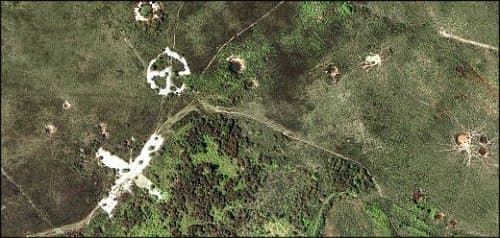
Target markings and craters on Ashley Heath, very visible in this modern day aerial shot. Explore present day Ashley Walk in detail.
The book to buy!
The New Forest at War is a very interesting read for anyone interested in the history of the New Forest or just wartime history. Packed with photos, some previously unpublished, and information on life in and the role of the New Forest during the war.
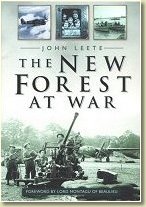
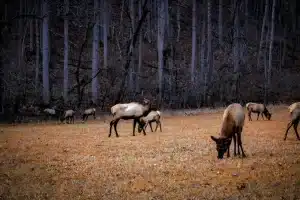
Understanding Firearm Policies
Yes, a person can legally carry a firearm in national parks, but the rule is narrower than it sounds. Firearm policies in and around national parks start with a 2010 change in federal law. That

A Guide to Trails and Park Terrain
There is a specific smell that hits you the moment you step out of the car in the New Forest. It is a mix of damp oak leaves, ancient soil, and honestly, a little bit

New Forest Activities for Single-Parent Families
The New Forest offers a wealth of year-round experiences perfect for single-parent families looking to create lasting memories. From spring woodland walks surrounded by bluebells to summer picnics by gentle streams, the national park provides

Practical Equipment for Life on the Road
More people choose mobile living every year, from weekend caravanners to full-time digital nomads. Homes on wheels promise freedom, changing scenery, and a lifestyle that breaks away from traditional routines. That lifestyle only feels comfortable
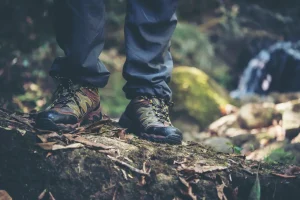
How to Enjoy the New Forest’s Nature and Wildlife Without Breaking the Bank
The New Forest is one of the UK’s most cherished landscapes, a place where ancient woodlands, open heathlands, free-roaming ponies, and peaceful villages come together to create an unforgettable outdoor escape. And while many people
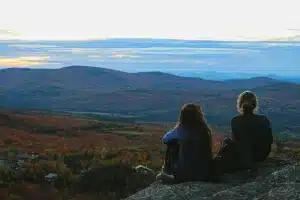
Why Time in Nature Complements Daily Astrological Guidance
Many of us start the morning with a quick look at our horoscope. A few lines can help name our mood, highlight a tension, or point out an opening in the day. What often gets
